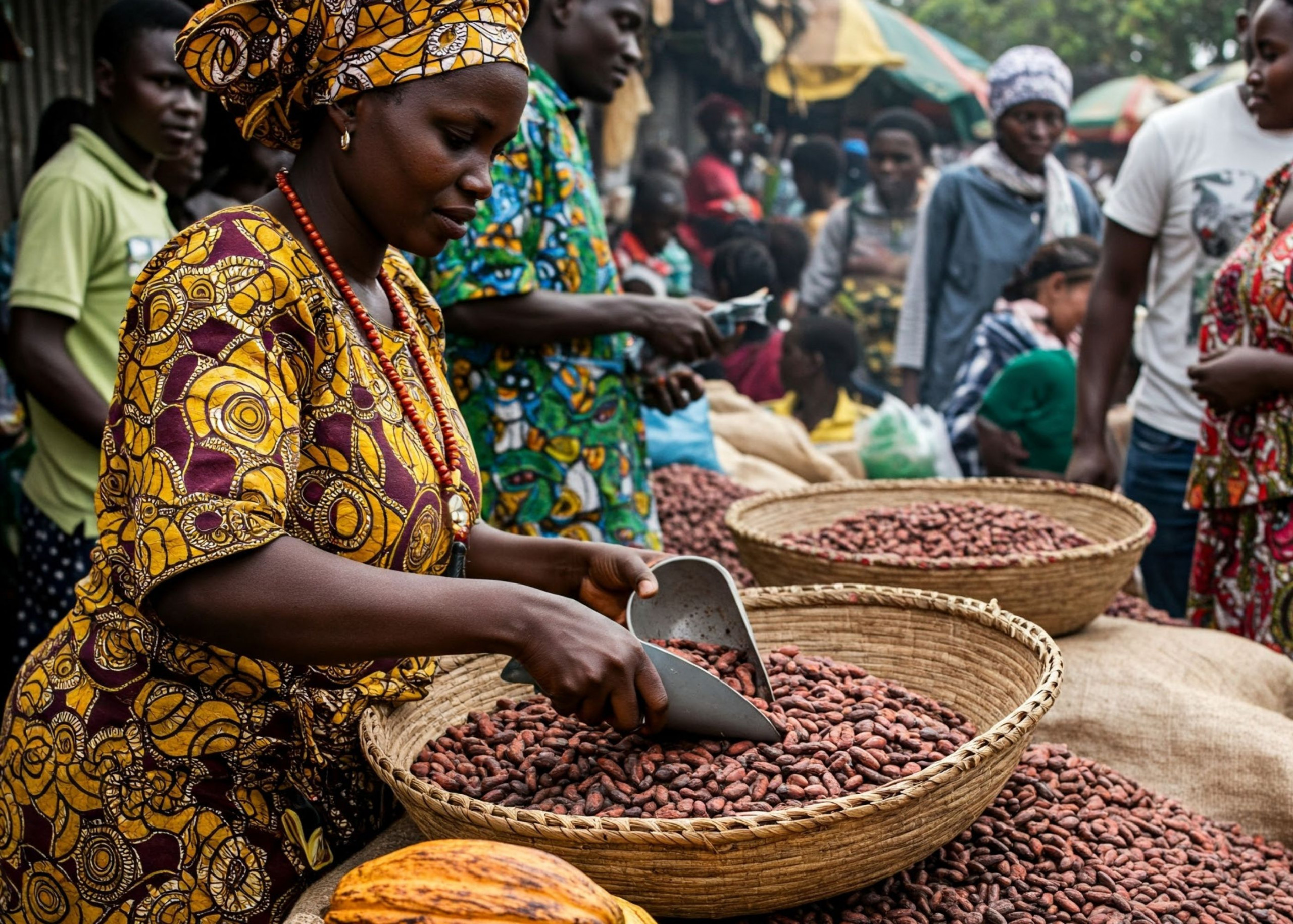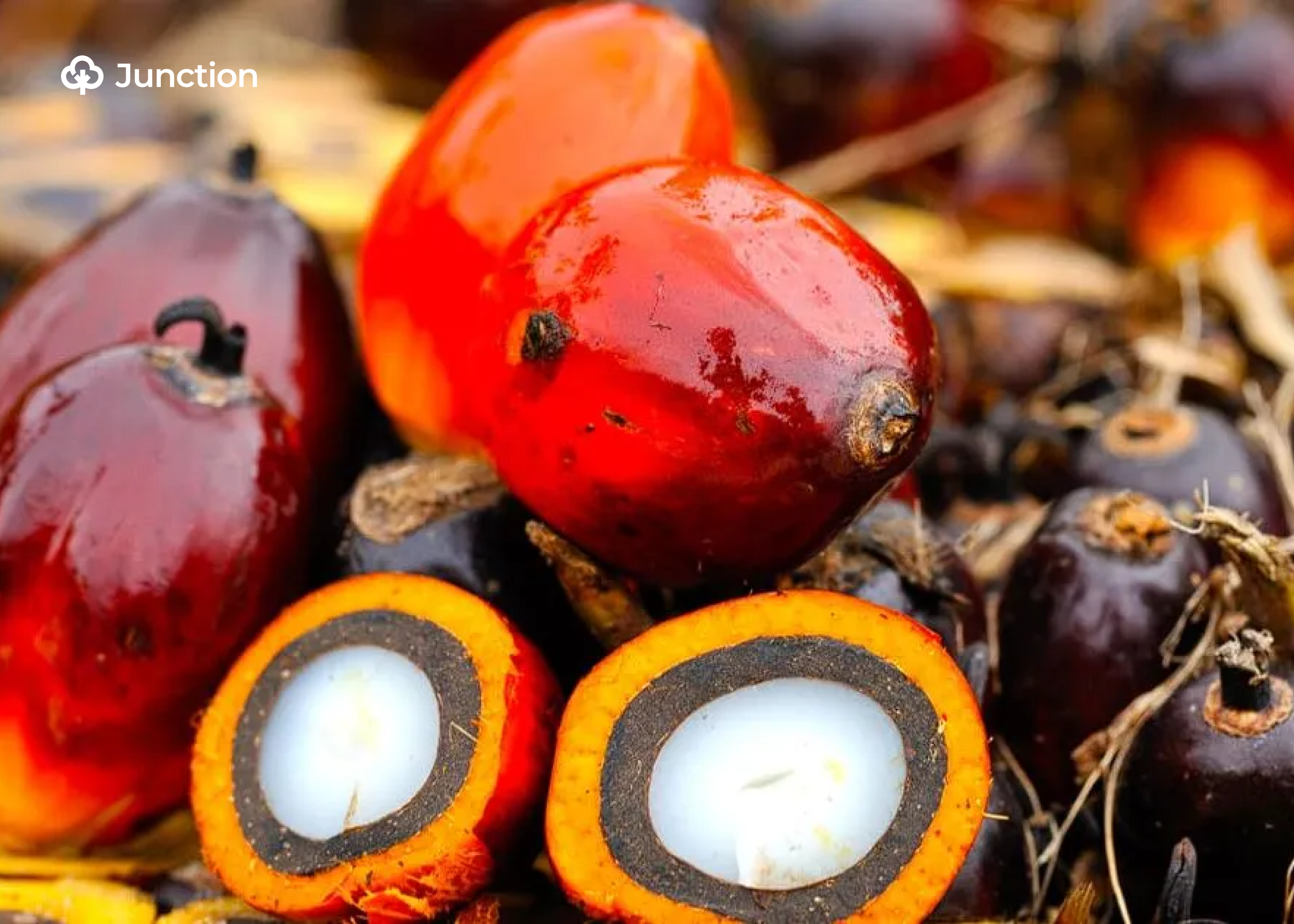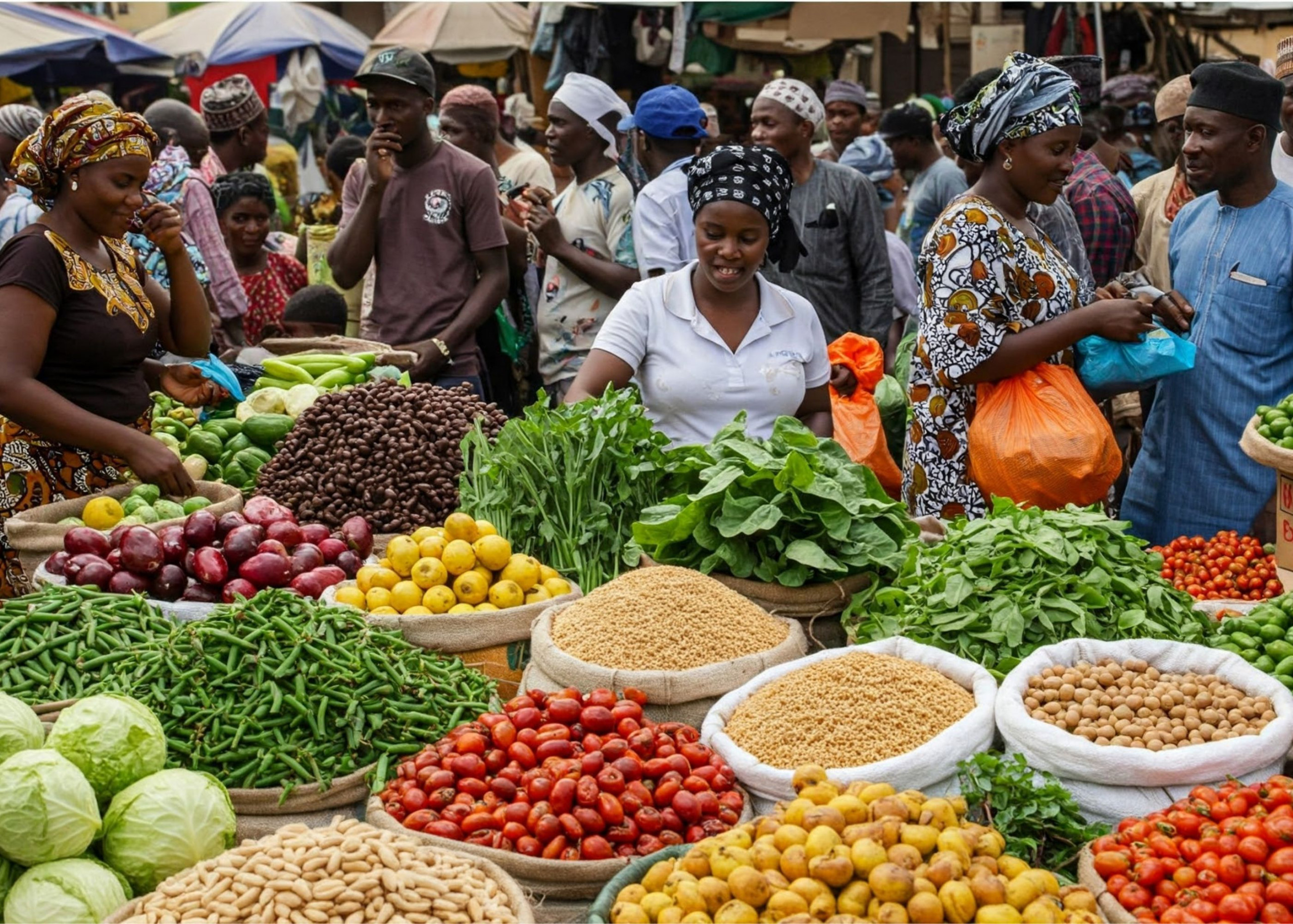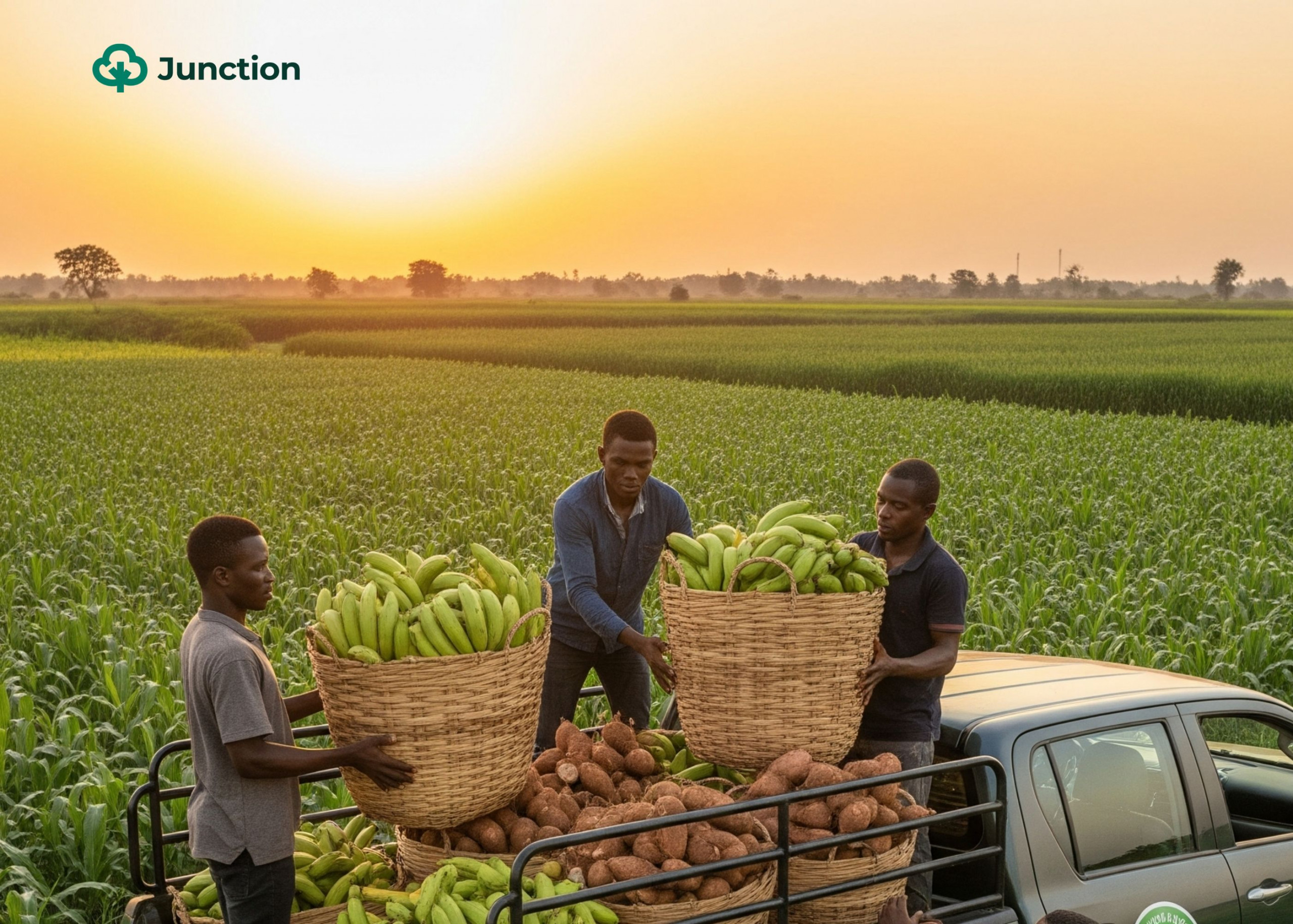May 2025 opened with a sharp shock for Nigerian cocoa sellers, as the commodity’s price plunged by 25.73%, according to data from AFEX.
Cocoa—used in chocolate and a range of other products—had previously hit a historic high of over ₦15,900 per kilogram. It had been a major driver of Nigeria’s increased earnings from international trade, particularly with the European Union.
Now, it is trading closer to ₦10,000, after hitting an 18-week low of ₦9,500. Year-to-date, cocoa has lost 22% of its market value in Nigeria.
Meanwhile, paddy rice experienced a modest 4.5% price drop over the weekend. Although this dip wasn’t enough to offset the previous 13.20% surge, the commodity remains over 25% cheaper than it was at the start of 2025.
Paddy rice is essential to the Nigerian diet, serving as the primary raw material for millers who supply rice to over 80% of the population. Its price has fallen sharply, from a previous high of ₦860 to an average of ₦557 per kilogram.
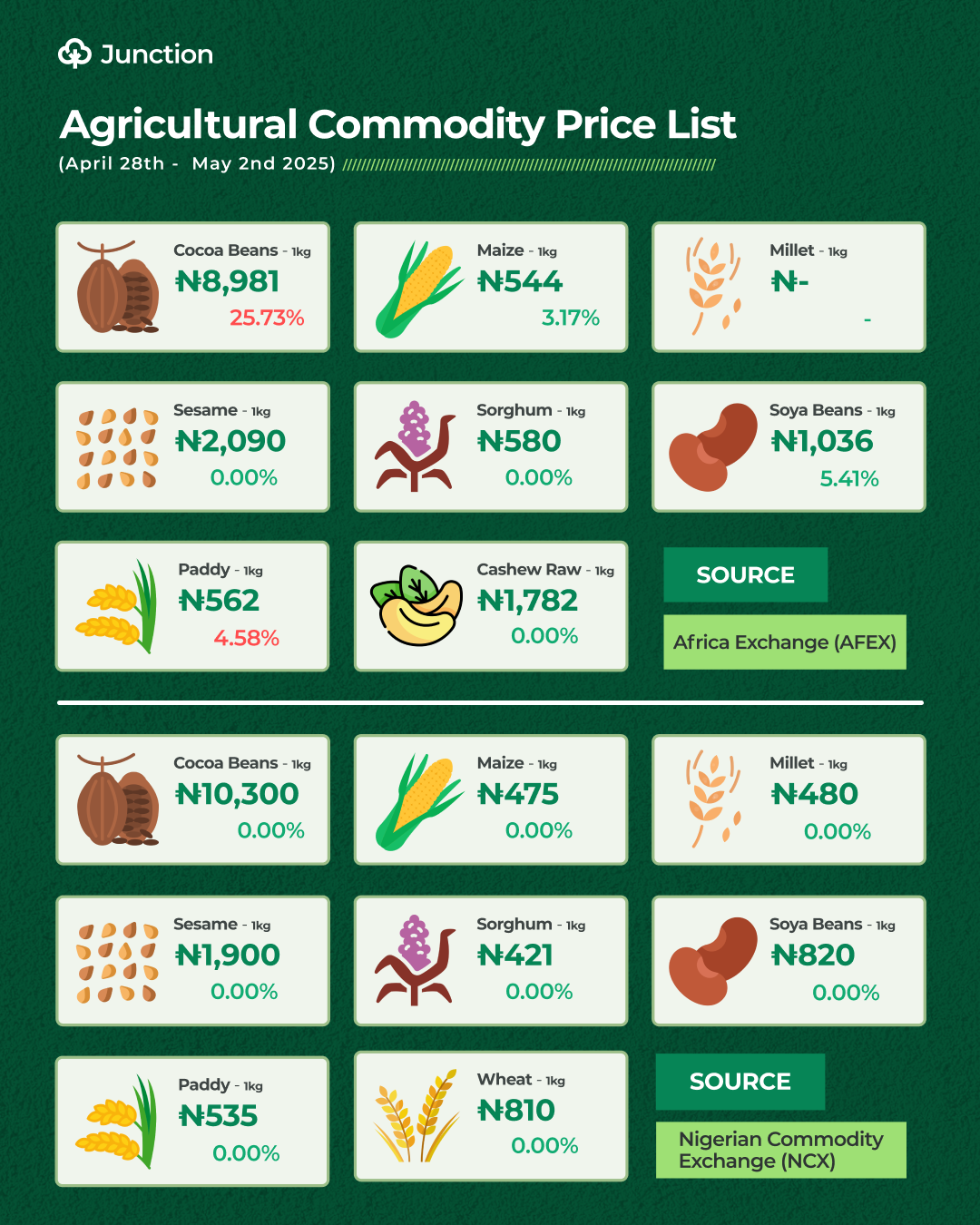
Soybean price rose by 5% last week, reaching its highest level in the last 18 weeks, and is now up 10% year-to-date. Although not a staple in urban centers like Aba, Ibadan, Lagos, and Port Harcourt, soybean is widely consumed in North-Central and North-West regions—especially in states such as Benue, Kaduna, Nasarawa, and Kano.
Soybeans are also crucial in Nigeria’s agro-processing and manufacturing sectors. They are used to produce soybean oil for cooking and industrial applications, while the residual soybean cake or meal serves as a high-protein ingredient in animal feed, supporting the poultry and livestock industries.
Maize price increased by 3.17% during the trading period, though it remains lower on a year-to-date basis. The price has dropped significantly from a peak of ₦753 to ₦550 per kilogram.
Raw cashew and sorghum prices remained unchanged last week. However, while cashew prices have surged by over 40% in 2025, sorghum has declined by approximately 6%.
